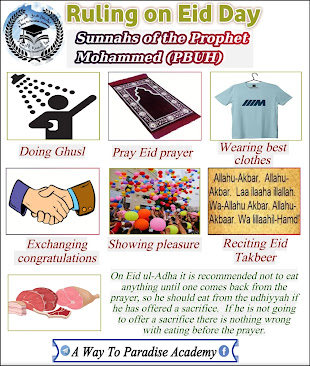The_time_for_udhiyah_(sacrifice)
The time for udhiyah (sacrifice)
It is permissible to offer the sacrifice during that time by night or by day,
For how many people is the udhiyah sufficient?
One sheep is sufficient as udhiyah for one man and his family and whoever he wants among the Muslims, because of the hadeeth of ‘Aa’ishah (may Allaah be pleased with her) who said that the Prophet (peace and blessings of Allaah be upon him) ordered that a ram with black legs, black belly and black (circles) round the eyes should be brought to him, so that he could sacrifice it. He said to ‘Aa’ishah: “Give me the knife,” and she did that. He took it, then he took the ram, placed it on the ground and then slaughtered it (i.e., prepared to slaughter it), saying: “In the name of Allaah, O Allaah, accept (this sacrifice) on behalf of Muhammad and the family of Muhammad and the ummah of Muhammad.” Then he sacrificed it.
Narrated by Muslim.
If a man sacrifices a single sheep or goat on behalf of himself and his family, that will suffice for everyone he intended of his family, whether living or deceased. If he did not intend anything specific then it includes all those who are included in this word (family or household) either customarily or linguistically. Customarily it refers to all those whom he supports of wives, children and relatives; linguistically it includes all those who are related to him of his own children and the descendents of his father, grandfather and great-grandfather.
........




تعليقات
إرسال تعليق